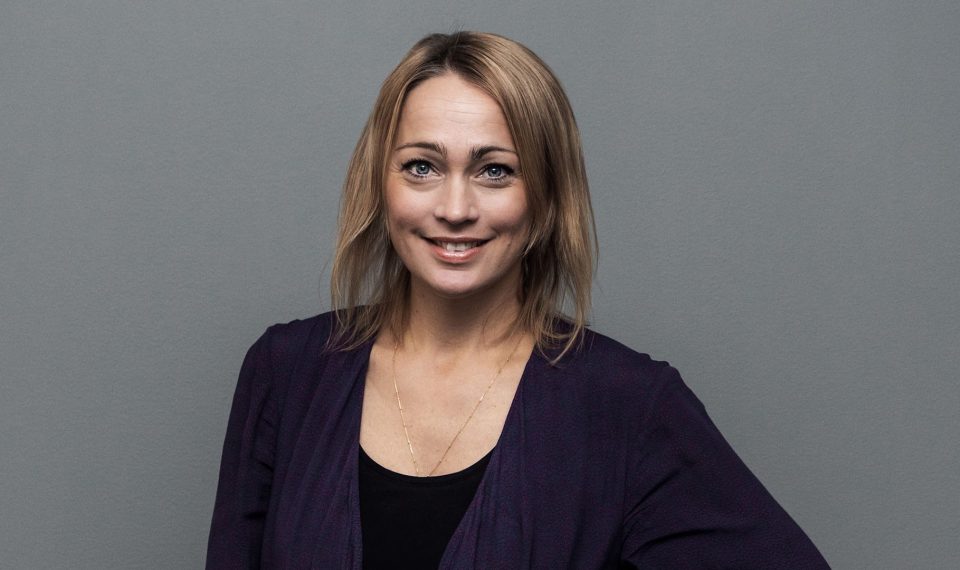
A chat about sustainable events with Anna Pesula
The world’s largest multi-sport event, the Olympic Games in Paris 2024, has set a bold goal: to halve its carbon footprint and at the same time leverage the games to make society more inclusive. “If the Olympic Games can, so can you,” says Anna Pesula, responsible for sustainable development at PS Occasion.

The Olympic Games have been around since 1896 when the first modern games were held in Athens. For the 2024 Games in Paris, change is coming. Not only are new sports being added to the program, such as breaking, sports climbing, skateboarding, and surfing, but there is also a commitment to setting a whole new standard for sustainable events.
“The Olympic Games in Paris 2024, has set a bold goal: to halve its carbon footprint”
By targeting every source of emissions and rallying all parties involved, Paris 2024 aims to show that another model exists. ‘This is something we really applaud and that we can all be inspired of. In fact, much of the methodology for Paris 2024 resembles our own tool for planning sustainable events, the Responsibility Guide,’ says Anna
Alright, how does PS Occasion’s Responsibility Guide work?
– Just like the method used for the Olympics, ours is built on an ARO approach (avoid, reduce, and then offset). We focus on areas where we can make the most impact, such as transportation, waste, venue selection, design, food and beverage, and energy consumption. However, it’s not only about lowering emissions. Social perspectives, such as diversity and inclusion, are important components, as well as maximizing communication to leverage the opportunity to drive change.
All events are unique, and we always analyze how the event fits into our client’s overall business and sustainability strategy, identifying key sections in the sustainability report that are crucial for the entire team to comprehend and consider.
Ok, is there a way to measure and certify efforts?
– Yes, in addition to our Responsibility Guide, we also offer third-party certification through our partner Greentime. In the planning process that leads up to the certification we use a digital tool to follow up and measure sustainable choices from an ecological, social, and organizational perspective. Of course, we also calculate the CO2-footprint according to the GHG-protocol. On a company level we also report our progress to EcoVadis and UN Global Compact.
What does the future hold for sustainable events?
– New regulations and directives, such as CSRD from the EU, impose higher demands when it comes to reporting the impact of corporate activities on the environment and society. Innovations and various types of new initiatives offer exciting possibilities for us to be creative and sustainable in a whole new way. Things are moving quickly in many areas, and we need to explore new ways to produce our events – from the event format itself to using new materials and incorporating AI tools.
So, what will be the biggest win of the Olympic Games in Paris 2024?
– Hopefully half the footprint compared to previous Olympic Games. But also, great inspiration for the rest of us who work with events. We need good role models and to see winning cases on a global scale is amazing. Just like in sports, it’s about playing together as a team and making careful preparations. By sharing their work, including tools and methodology, Paris 2024 is already influencing the transition in sports and events.
Let’s talk!
We will be happy to show you our tools and methods, as well as inspire you with some of our successful cases.
Contact Anna Pesula, Head of Sustainability at PS Occasion.
Contact
Learn more about how we work with sustainability
Read more



